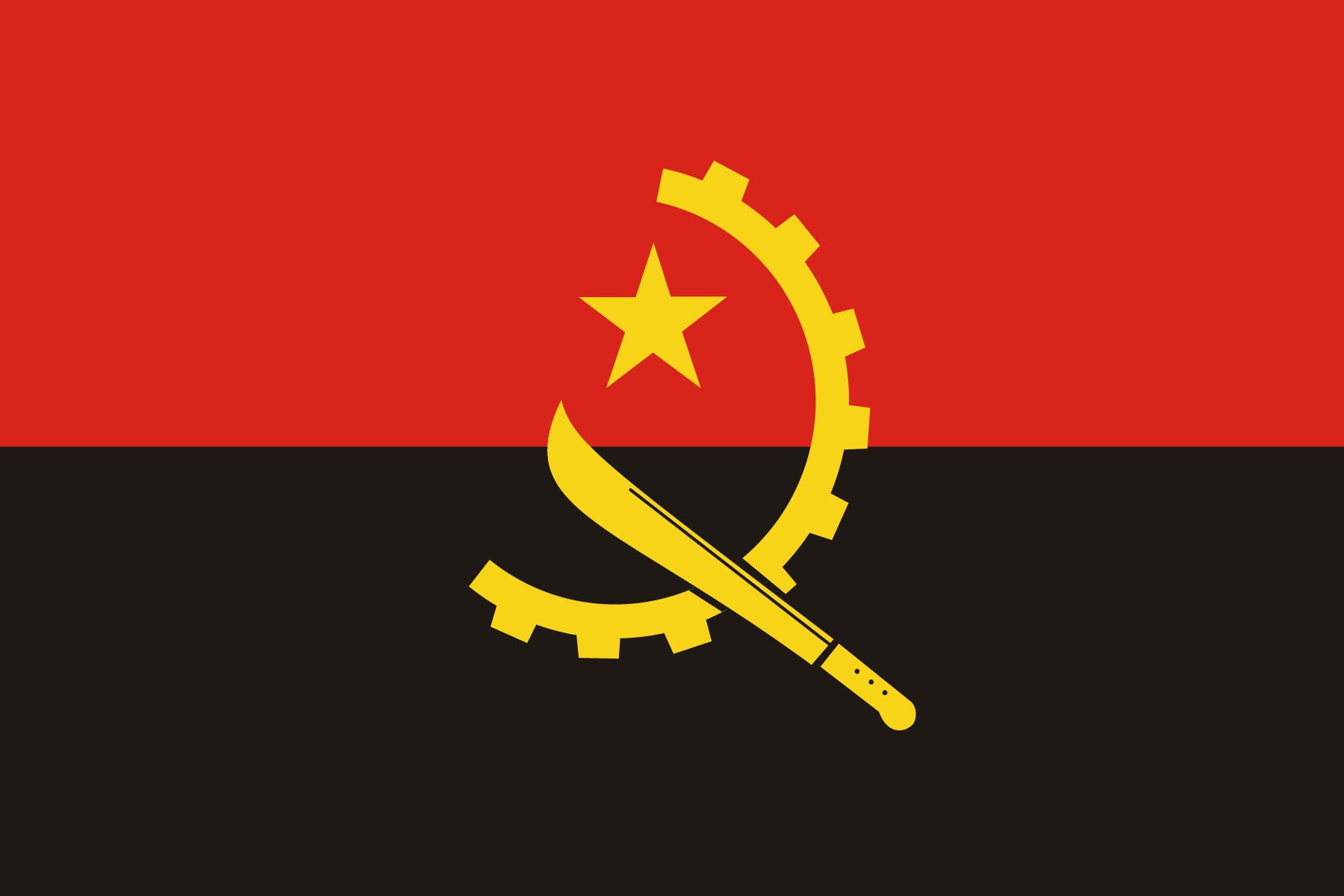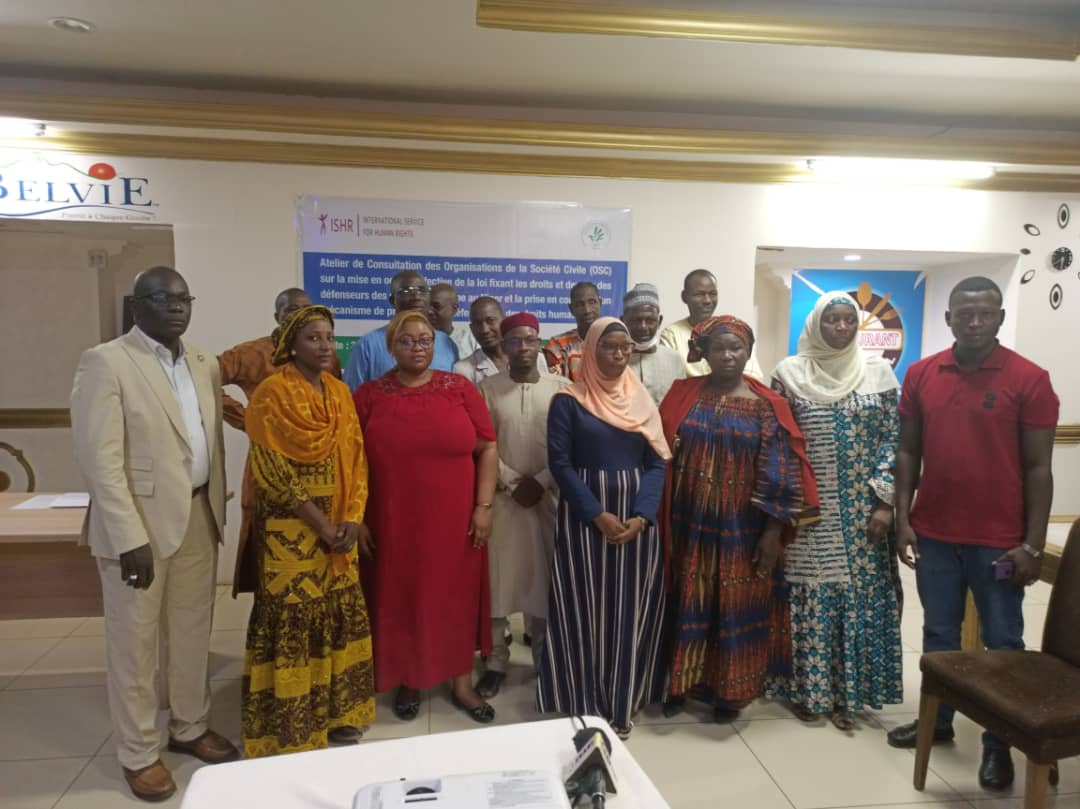On 30 and 31 May 2023, the Niger Human Rights Defenders Network (NHRDN) and ISHR co-hosted a workshop on the use of the law n°2022-27 of 20 June 2022 on the rights and duties of human rights defenders in Niger which took place in Niamey. The aim of the workshop was to strengthen the understanding of the Niger human rights defender law by defenders in order to ensure they are able to use it when need arises. Having a good knowledge of the law and how to use it, is the first tool for defenders to feel safer to undertake their activities in a safe environment. This workshop was also an opportunity to share with defenders the experience of the use of the law in Burkina Faso.
During the opening ceremony, Abdoulaye Kanni, coordinator of NHRDN, took this opportunity to “thank the government for adopting the Law No. 2022-27 of 20 June 2022 establishing the rights and duties of human rights defenders. The law, which contains 29 articles, outlines the rights and duties of human rights defenders, their responsibilities as well as the remedies, sanctions and reparation for violations against them. Even if the law contains almost all the rights and obligations set out in the Model Law, it does not provide a mechanism for its full implementation. We call on the State of Niger to put in place a protection mechanism for the effective implementation of the law, establishing the rights and duties of human rights defenders in Niger, ” Kanni said.
“The adoption of Law no. 2022-27 of 20 June 2022 establishing the rights and duties of human rights defenders reaffirms the State’s commitment to strengthening the protection of human rights defenders and the role they play in Niger,” added Stéphanie Wamba, Africa Programme Advocate at ISHR. “This initiative by the government of Niger to promote the work of human rights defenders is commendable. However, the effective implementation by all actors should help to create a favourable working environment for defenders, as well as put in place a protection mechanism, ”Wamba emphasised.
The two-days’ workshop revealed that the law was unknown to defenders and that there was an imperative need for a wider dissemination, especially amongst groups working on corporate accountability, governance, protection of vulnerable groups, women’s rights and journalists. Defenders also welcomed the organisation of the workshops, which was an opportunity to review and learn more about the protection afforded to them in the law and how they can use it. Finally, the participants unanimously called for:
- increased financial support from technical and financial partners for the dissemination and appropriation of the law by all actors,
- and advocacy with the authorities for the implementation of an inclusive protection mechanism.
Florence Ouattara, coordinator of the Burkinabe Coalition of Human Rights Defenders (CBDDH) talked about the experience with the law on the protection of defenders in Burkina Faso : “We welcome the adoption of the human rights defenders law in Niger as a result of the political will of the Nigerian government,” she said. “However, like in Burkina Faso, the law is still not well known and not often used by defenders. There is still a huge need to disseminate the law in the capital and the countryside. The effective implementation of the law should be a collective struggle that requires the involvement of all human rights actors,” Ouattara added.
“ISHR remains available and willing to support defenders and all actors involved in the implementation of the law, and the effective establishment of the protection mechanism for defenders in Niger,” Stéphanie Wamba concluded.
Download as PDF


